How To Clean Solar Panel?
Solar panels are a significant investment for any homeowner or business looking to harness renewable energy. To ensure they operate at peak efficiency, regular maintenance and cleaning are essential. Dirty solar panels can lead to a significant drop in energy production, which translates to less savings and a longer return on investment. In this article, we will delve into the best practices for cleaning solar panels, the tools required, and the safety measures to consider. By the end, you will have a comprehensive understanding of how to maintain your solar panels effectively.
Why Clean Solar Panels?
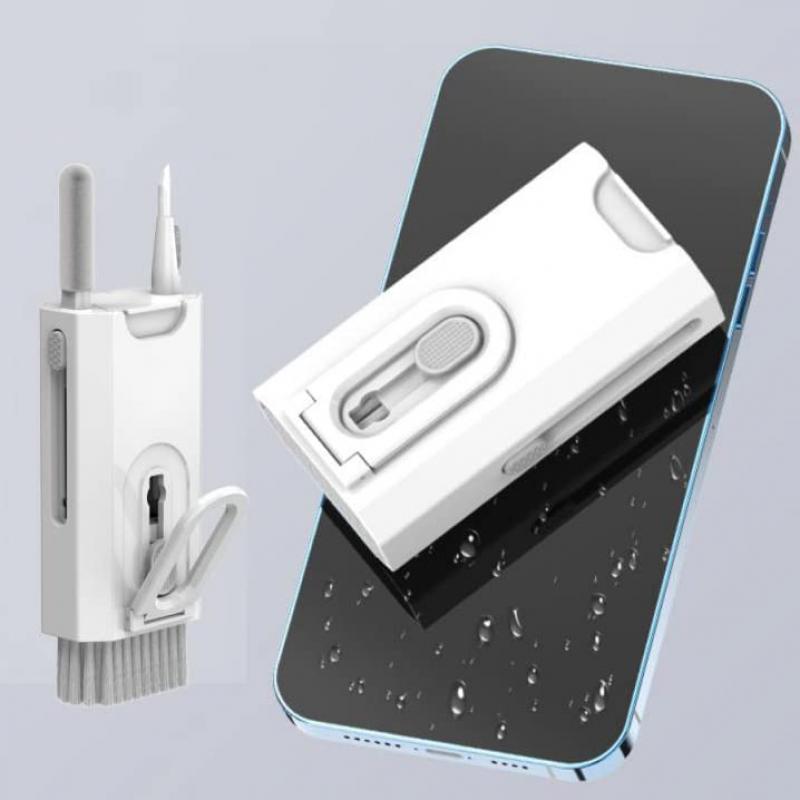
Solar panels are exposed to the elements, which means they can accumulate dirt, dust, bird droppings, and other debris over time. This layer of grime can block sunlight from reaching the photovoltaic cells, reducing the panels' efficiency. Studies have shown that dirty solar panels can lose up to 20% of their energy output. Therefore, regular cleaning is crucial to maintain optimal performance.
When to Clean Solar Panels
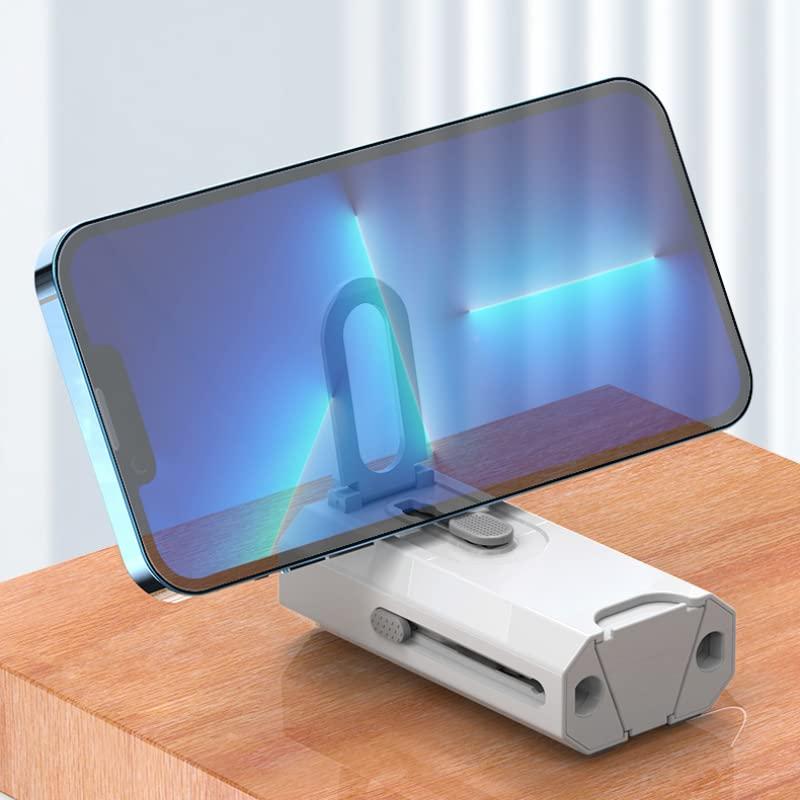
The frequency of cleaning depends on several factors, including your location, the weather, and the amount of dust and debris in the air. Generally, it is recommended to clean solar panels at least twice a year. However, if you live in a particularly dusty area or near a construction site, more frequent cleaning may be necessary. Additionally, after a heavy storm or a long dry spell, it’s a good idea to inspect and clean your panels.
Tools and Materials Needed
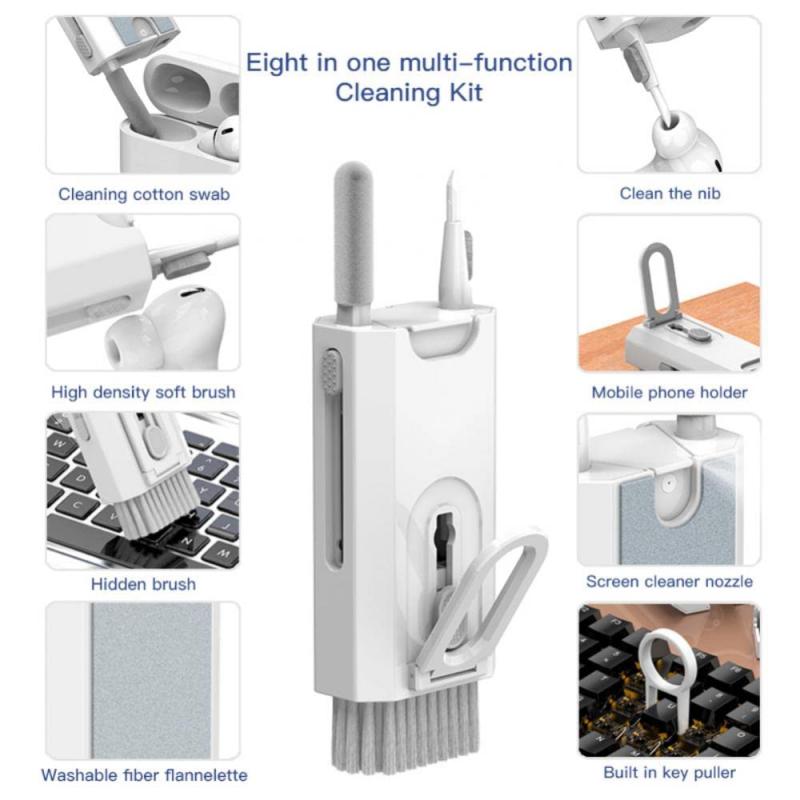
Before you start cleaning, gather the necessary tools and materials. Here’s a list of what you’ll need:
1. Soft Brush or Squeegee: A soft brush or a squeegee with a long handle is ideal for removing dirt and grime without scratching the panels.
2. Mild Detergent: Use a mild, non-abrasive detergent mixed with water. Avoid harsh chemicals that can damage the panels.
3. Hose with a Spray Nozzle: A garden hose with a spray nozzle can help rinse off the detergent and debris.
4. Bucket: A bucket for mixing the detergent and water solution.
5. Safety Gear: If your panels are on the roof, use a safety harness and non-slip shoes. Safety should always be a priority.
Step-by-Step Cleaning Process
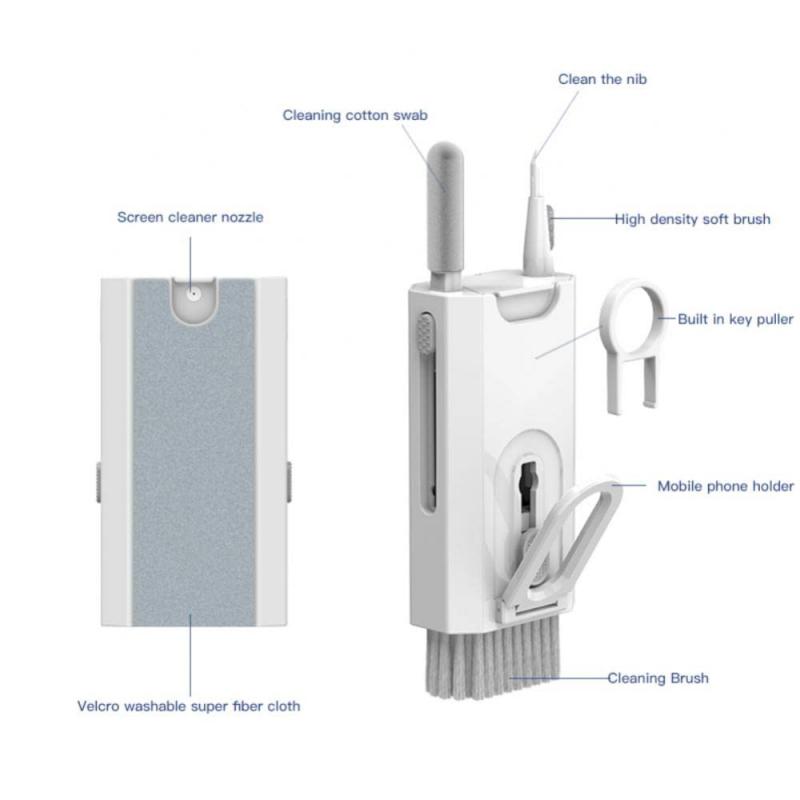
1. Safety First
Before you start cleaning, ensure that you have turned off the solar panel system. This is crucial to avoid any electrical hazards. If your panels are on the roof, use a safety harness and make sure the ladder is stable. It’s also a good idea to have someone with you to assist if needed.
2. Inspect the Panels
Before applying any water or detergent, inspect the panels for any visible damage or loose wiring. If you notice any issues, it’s best to consult a professional before proceeding with the cleaning.
3. Rinse with Water
Start by rinsing the panels with water to remove loose dirt and debris. Use a garden hose with a spray nozzle to gently wash the surface. Avoid using high-pressure washers as they can damage the panels.
4. Apply Detergent Solution
Mix a mild detergent with water in a bucket. Dip the soft brush or squeegee into the solution and gently scrub the panels. Focus on areas with stubborn dirt or bird droppings. Be gentle to avoid scratching the surface.
5. Rinse Again
After scrubbing, rinse the panels thoroughly with water to remove any soap residue. Soap residue can attract more dirt, so make sure to rinse well.
6. Dry the Panels
Allow the panels to air dry. If you notice any water spots, you can use a soft cloth to gently wipe them off. Avoid using abrasive materials that can scratch the panels.
Additional Tips for Cleaning Solar Panels
- Clean Early in the Morning or Late in the Evening: Cleaning during these times can prevent the water from evaporating too quickly, which can leave streaks and spots.
- Avoid Cleaning on Hot Days: The heat can cause the water to evaporate quickly, leaving behind residue. It can also make the panels hot to touch, increasing the risk of burns.
- Use Deionized Water: If possible, use deionized water for the final rinse. Deionized water is free from minerals that can leave spots on the panels.
- Regular Maintenance: In addition to cleaning, regular maintenance checks can help identify and address any issues early on. This includes checking for loose wiring, cracks, or any other damage.
Professional Cleaning Services
While cleaning solar panels is a task that many homeowners can handle, there are professional cleaning services available. These services use specialized equipment and techniques to ensure a thorough cleaning without damaging the panels. If you’re not comfortable cleaning the panels yourself or if they are difficult to access, hiring a professional can be a good option.
Maintaining clean solar panels is essential for maximizing their efficiency and extending their lifespan. By following the steps outlined in this article, you can ensure that your solar panels remain in top condition, providing you with the maximum energy output and savings. Remember, safety is paramount, so take all necessary precautions when cleaning your panels. Regular cleaning and maintenance will not only keep your solar panels performing at their best but also protect your investment in renewable energy.

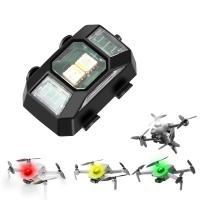
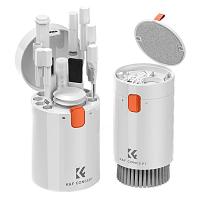
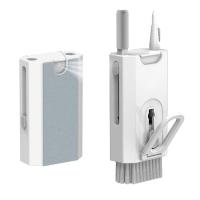
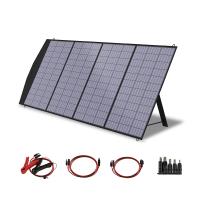
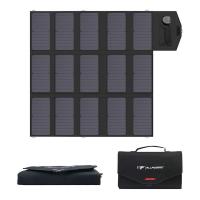
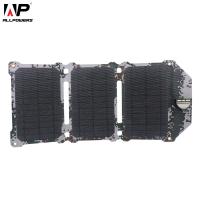
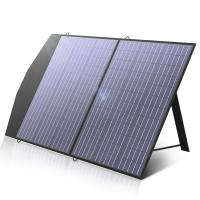
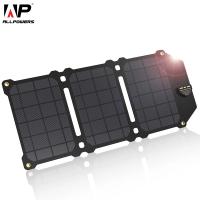
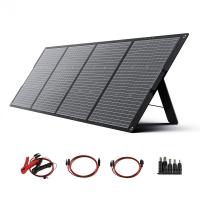
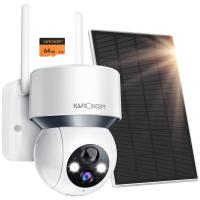
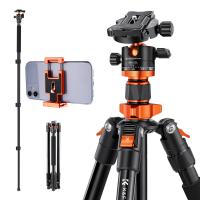

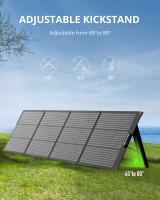
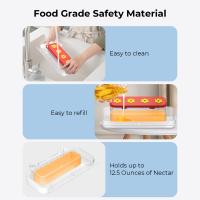
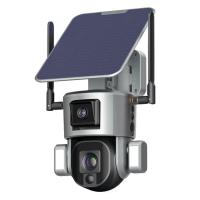
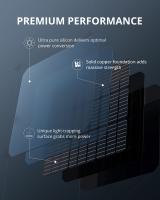


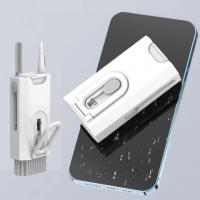
There are no comments for this blog.